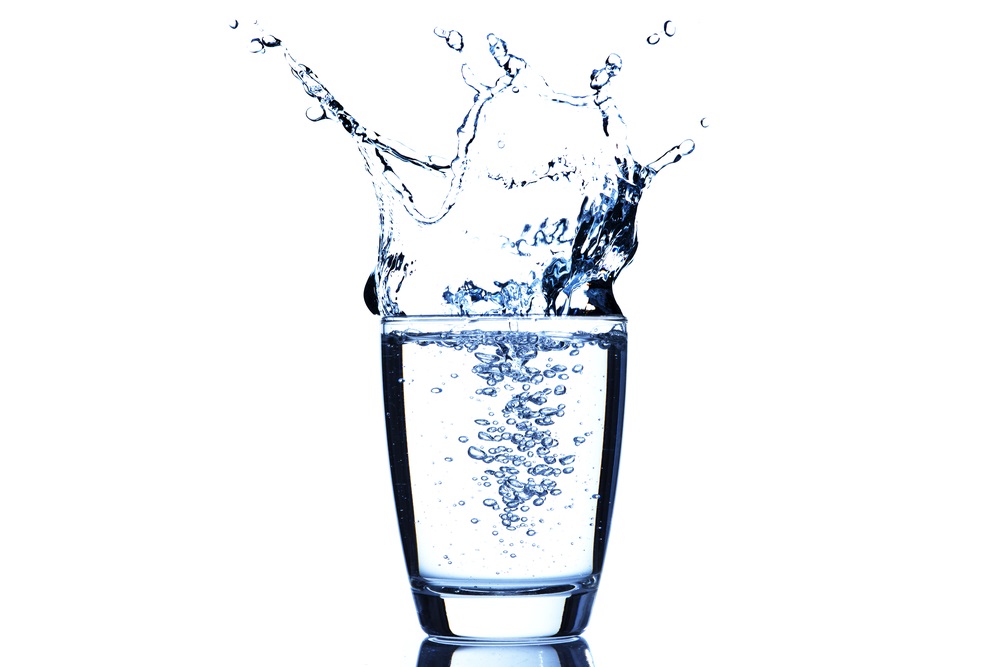Can you drink a glass of water after liquefied natural gas has been poured into it? According to BC Liberal candidate Alana DeLong you can.
At a Nanaimo-North Cowichan candidates’ debate earlier this month, DeLong offered a novel defence of the Liberals’ largely unsuccessful push to develop an LNG industry.
“LNG is an extremely efficient form of energy,” DeLong told the audience. “Did you know with LNG you can actually pour it into a glass of water, wait a couple of minutes and drink the water? That’s how clean it is.”
So, in the spirit of election fact checking, we set out to see if DeLong is correct.
“She has zero clue what she’s talking about,” said Hadi Dowlatabadi, professor and Canada Research Chair at the University of British Columbia’s Institute for Resources, Environment and Sustainability, once he stopped laughing.
“I would love to give her that glass of water,” says Dowlatabadi. “She’ll be crunching on ice.”
Natural gas only becomes liquid at minus 162 degrees Celsius, so it’s hard to see how DeLong proposes to pour it into a glass of water without protective gear and an insulated container. Poured on water, LNG warms and evaporates.
Or it could freeze the water in DeLong’s glass, says Dowlatabadi. The ice, greater in volume than water in liquid form, would then shatter the glass.
Once the LNG evaporates, the water would be fine to drink, said Dowlatabadi, but the whole idea is risky. “She’s completely ignoring the physical danger of receiving third degree burns from an industrial hazard related to the liquefied part of the LNG,” he says.
An energy literacy demonstration hosted by the B.C. government in 2014 shows the experiment is possible, but proper equipment is needed.
“The glass that I use is a scientific beaker meant for extreme temperatures, either hot or cold,” says Erik Neandross, chief operating officer of Gladstein, Neandross & Associates, when asked to explain his 2014 demonstration. “So, if you took a wine glass out of the cupboard and filled it with LNG, there is a risk that the glass would just physically crack because that’s not the type of glass that’s meant to handle extreme temperatures.”
Neandross says the demonstrations are meant to be educational, showing how no environmental clean up would be necessary if LNG was spilled. And, like Dolatabadi, Neandross notes methane is non-toxic, so drinking the water would be safe.
But University of Pittsburgh environmental toxicologist Bernard Goldstein says DeLong is ignoring the real issues around LNG. “It’s a meaningless statement… It has nothing to do with what we are concerned about with natural gas.”
More than 90 experts wrote a letter to government officials last year opposing the proposed Pacific Northwest LNG project due to the significant increase in greenhouse gas emissions that would result from the processing plant and the “upstream” activities in fracking and transporting the gas.
There’s also concern about the impact of methane leakage on climate change. In its first 20 years, methane has 80 times more impact on global warming than a comparable amount of carbon dioxide.
Climate and environmental researchers like the Pembina Institute continue to raise concerns about the BC Liberals’ LNG plans.
DeLong is no political rookie. She was an Alberta Conservative MLA for 14 years until she moved to B.C. in 2015. DeLong is challenging NDP incumbent Doug Routley, who won by 3,800 votes in 2013.
The Tyee attempted to reach DeLong through her email and the party headquarters, but did not receive a call back.
So, yes, with protective gear and a glass certified for use with extremely cold liquids you could pour LNG into water, wait until it warms and the gas evaporates into the atmosphere and then drink the water.
We don’t recommend trying it. Beyond the obvious physical dangers, you could ruin a perfectly good glass. ![]()
Read more: BC Election 2017
















Tyee Commenting Guidelines
Comments that violate guidelines risk being deleted, and violations may result in a temporary or permanent user ban. Maintain the spirit of good conversation to stay in the discussion.
*Please note The Tyee is not a forum for spreading misinformation about COVID-19, denying its existence or minimizing its risk to public health.
Do:
Do not: